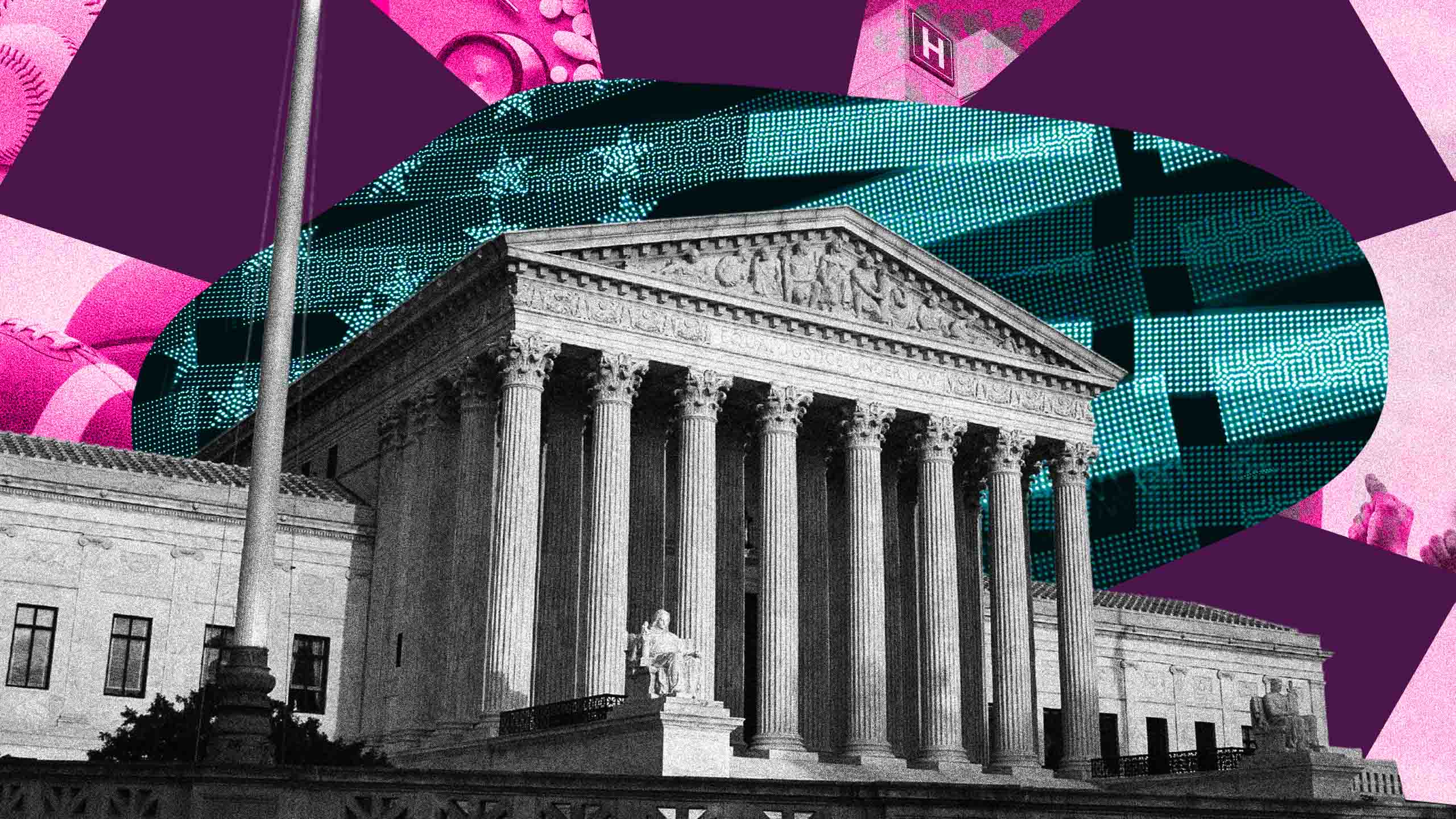The U.S. Supreme Court ruled unanimously last Wednesday in favour of Marlean Ames, who claimed she was discriminated against because she is straight. Her discrimination claim stemmed from her not getting a promotion she felt entitled to in favour of a lesbian woman at the Ohio Department of Youth Services, and later being demoted and replaced with a gay man.
The court’s ruling effectively revives Ames’s case, which had all but been killed off in the lower courts. At first blush, the decision appears to be another jab in the eye of minorities across the U.S, but a closer look at the case reveals a more nuanced question settled this week at the high court.
The issue under debate at the Supreme Court was not whether or not Ames had a legitimate reverse-discrimination case. Nor was it about whether or not people can bring forth reverse-discrimination cases to begin with, as people have been allowed to make this claim for a long time. Rather, this case was about the level of scrutiny that courts should apply to cases claiming reverse discrimination.
In other words, the question before the court was: “What level of evidence must reverse-discrimination claimants present in order to have a valid claim?” The unanimous decision of the court was that people making this claim must meet the same scrutiny level as any member of a protected minority must meet, rather than a higher standard.
At the surface level, one might not see the big deal with this ruling. It makes the evidence level for both discrimination cases and reverse-discrimination cases equal, and equality can’t be a bad thing, right? That’s probably why all of the Court’s liberals joined the ultra-conservative majority in the decision.
I don’t really believe that legitimate reverse discrimination actually exists, especially in an age when any time there’s a member of a marginalized identity in a high-ranking role somewhere, conservatives accuse them of being a “DEI hire.”
I do worry about whether or not this ruling takes into proper consideration the intentional weaponization of the law and the court system by bigoted conservatives. Will there now be legions of troll lawsuits launched by aggrieved conservative cis straight white people against minority-owned businesses?
I know discrimination can be hard to prove, and legal battles are long and expensive. I can easily foresee a homophobe insincerely applying for a job at a locally owned queer bookstore just to generate a potential discrimination claim and potentially drown the business in expensive legal battles for years. Or maybe a racist applies for a job at a Black-owned barber shop and tries the same.
Or, worse, what if the above two extort a sizable legal settlement that puts those businesses out of business?
I worry that not applying increased scrutiny to reverse-discrimination claims could encourage more charlatans to come forward with spurious cases. There is a conservative media complex completely set up for identifying aggrieved white cishet people to prop up as heroes. And there’s a billion-dollar conservative legal advocacy complex set up to advance conservative causes. Add those together with this decision and you have a society ready-made to take advantage of every means to try to punish minorities in the legal system.
In a perfect world, we’d have a legal system where everyone operates in good faith. The world is full of opportunists and grifters looking for a leg up or a rise to fame, and conservatives have built a perfect vehicle for homophobes, transphobes and racists to get their 15 minutes of fame and a chunk of change if they play their cards right.
Maybe we should be building a legal system that discourages frivolous lawsuits from bad actors. Maybe these people should have to satisfy a higher level of evidence before we deem their reverse-discrimination claims as potentially valid and worth pursuing legal action. I hope the Supreme Court didn’t just mass-enable the world’s worst people.
It’s hard to find any hope these days, and there are potentially worse Supreme Court decisions coming for queer people in the U.S. Despite all the negativity, I still hope that at some point in the distant future we can look back at this decision as one that didn’t end up having the negative consequences I predict here.
But those hopes are dim.


 Why you can trust Xtra
Why you can trust Xtra


